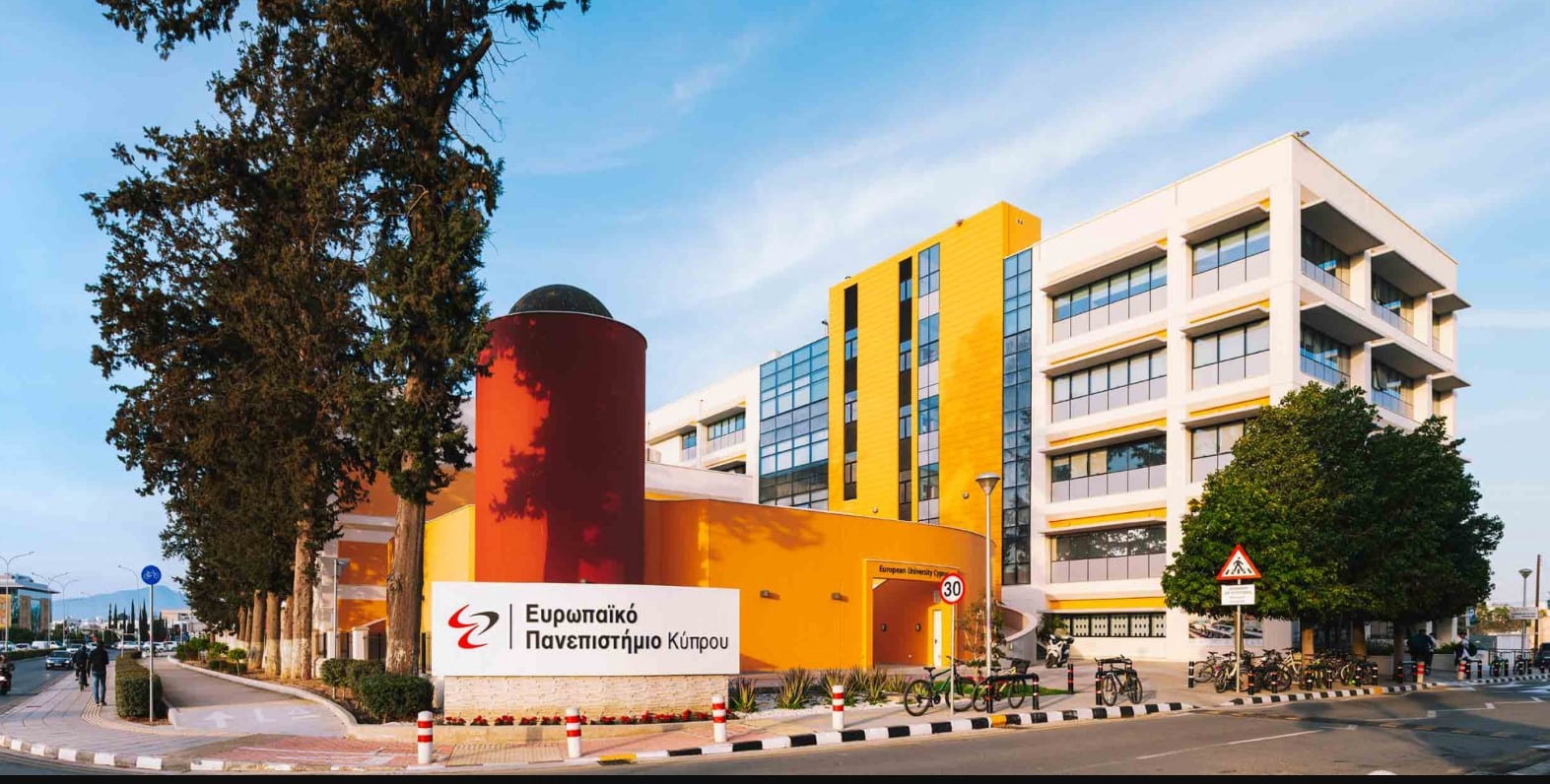European University Cyprus on Tuesday announced that its school of medicine has joined the VERDI project, a “Horizon Europe” project that prioritises vulnerable populations, including pregnant women, children and other high-risk populations in research on new SARS-CoV-2 variants of concern.
It also focuses on emergency preparedness for future infections, epidemics and outbreaks, building on experiences with COVID-19 and most recently with monkeypox (mpox).
“VERDI brings together a diverse range of cohort studies, including large-scale national and regional level population-based cohort studies, in-depth hospital cohorts, transmission studies, and participatory studies, from the EU and beyond, providing a unique opportunity for coordinated analyses and modelling of data on SARS-CoV-2 variants of concern and monkeypox from a range of sources,” the announcement explained.
Moreover, according to the announcement, the VERDI consortium consists of 28 centres of excellence in Europe, the USA, Africa, the Caribbean, the Middle East and Southeast Asia.
The project is coordinated by the University of Padua and Penta Foundation (Italy), with scientific coordination shared between the University of Padua and University College London (UCL).
“The Consortium works closely together with other COVID and monkeypox research projects and consortia to ensure complementarity to and alignment with ongoing research efforts and infrastructures at the EU level and beyond,” the university said.
Finally, the announcement noted that European University Cyprus is represented by a team of faculty led by Zoi Dorothea Pana, assistant professor in paediatrics, hospital epidemiology, infection control and antimicrobial stewardship.







Click here to change your cookie preferences